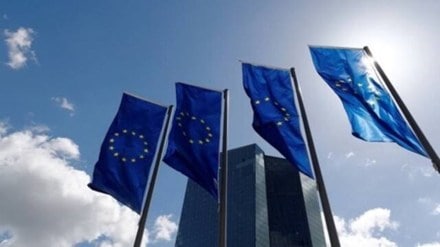After the European Union, Chinese Taipei has agreed to resolve the dispute at the World Trade Organisation with India regarding tariffs on some information technology and telecom products by India bilaterally.
“The EU and Chinese Taipei have made a request to the Dispute Settlement Body at WTO to defer the adoption of the Panel report until 19 September 2023. This deferral is intended to create an opportunity for all parties to work towards a Mutually Agreed Solution (MAS),” Minister of State in the ministry of Commerce and industry Anupriya Patel told Lok Sabha in a reply to a question.
The EU had challenged the Indian import duties on information technology products like mobile phones and components, base stations, integrated circuits and optical instruments in April 2019. The EU had claimed that the measures appear to be inconsistent with certain provisions of ITA of the WTO. Later, Chinese Taipei and Japan joined the dispute.
On April 17, the Dispute Settlement Body (DSB) at the WTO had ruled against India saying that tariffs are against its Information Technology Agreement (ITA) that seeks to remove all duties on IT products.
India imposes 20% import duty on mobile phones and 15% on telecommunications equipment.
Japan has filed its motion for the adoption of the Panel report at the DSB meeting at WTO, in response, India filed its notice of appeal, Patel said.
India has not filed its motion of appeal against the European Union and Chinese Taipei and it has been agreed to settle the issue through talks, she said.
As per the WTO process, bilateral consultation is the first step to resolve a dispute when a complaint is filed. If both sides are not able to resolve the matter through consultation, either of them can seek establishment of a dispute settlement panel.
The panel’s ruling or report can be challenged at WTO’s appellate body. The body is presently dysfunctional due to non-appointment of Appellate Body members since 2019.
Patel said until the Appellate Body issues its review report on the Panel’s finding it is difficult to comment on the impact of the Panel’s ruling on local manufacturing.
